Posts tagged “productivity”
Stop Caring About Your Inbox

While Zettelkasten practice improves thinking outside the Zettelkasten, we’ll have to lay out a specific problem with the Zettelkasten Method: we can only think in and within our Zettelkasten when it is available. However, we are often somewhere else. Naturally, the inbox problem and its two faces arise:
Should You Have a Note Goal Per Day? How To Quantify Creativity to Boost Creative Performance

In the world of the Zettelkasten Method and in the broader world of PKM, size matters. The big, beautiful graph view images, and the number of notes in one’s repository are part of the genre of productivity porn that consistently catches attention. Another genre of productivity porn is the number of written notes per day. So, why not make it a goal to write 10 notes per day? (or 6 or 20)
Fuelling My Top 2% Podcast With 15 Years of Atomic Note-Taking
Dear Zettlers, Currently, I am building a podcast called “Das gute Leben in der Moderne” (“How to Live a Good Life in Modern Times”). When I hit a mere 9 episodes, I got mail (2026-01-13) from podstatus.com that I hit the following rankings on Apple Podcasts:
Optimal Concentration: Dedicated Sessions Are Your Success Recipe
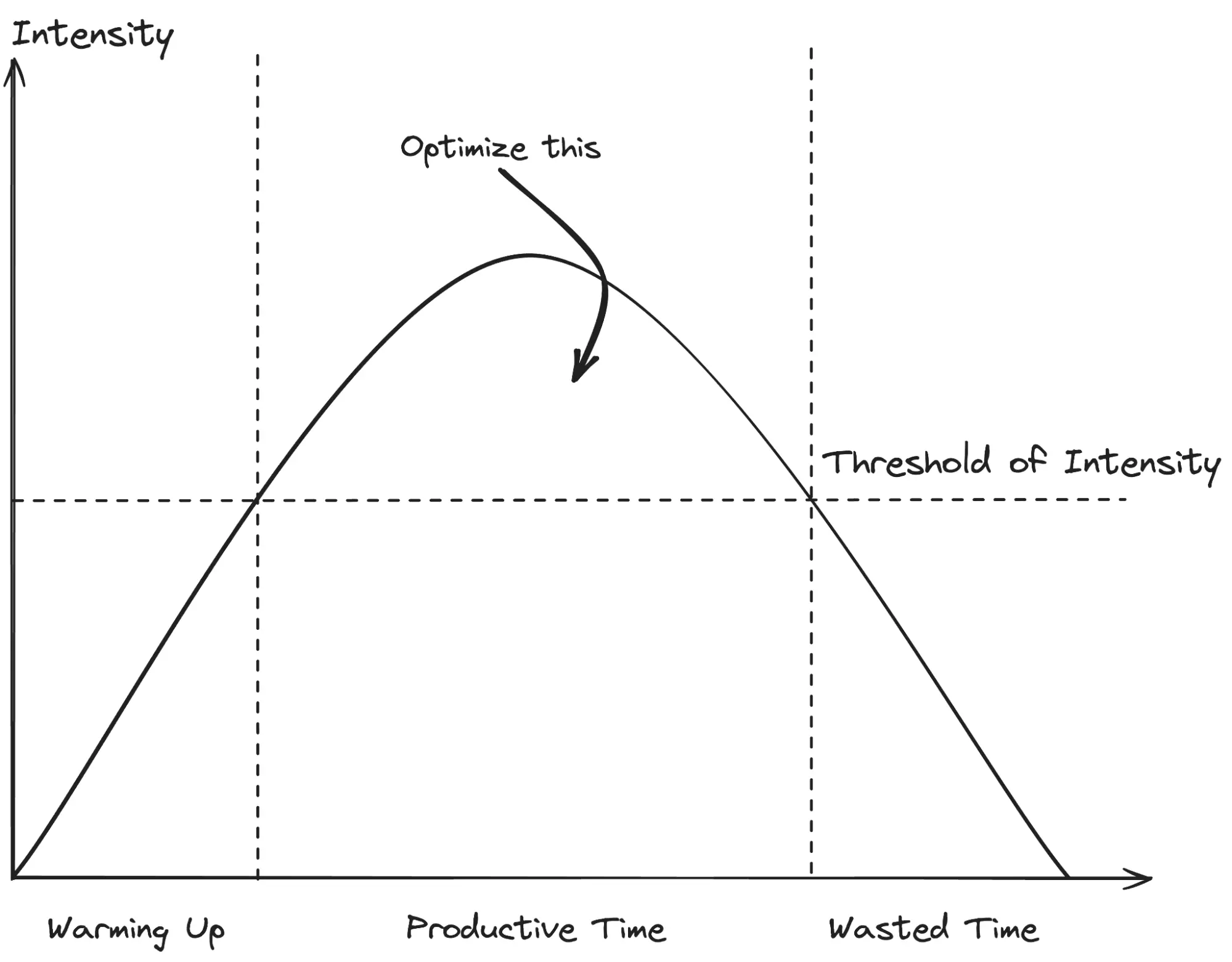
A Zettelkasten session has the following form: the warm-up phase, the productive phase, the busy but unproductive phase. When we sit down at the Zettelkasten, we need a while to reach operating temperature. To do this, we need to activate our brain, orient ourselves within the Zettelkasten, and engage the most important areas of our memory, among other tasks.
Optimize Productivity by Measuring the Mightiness of your Zettelkasten
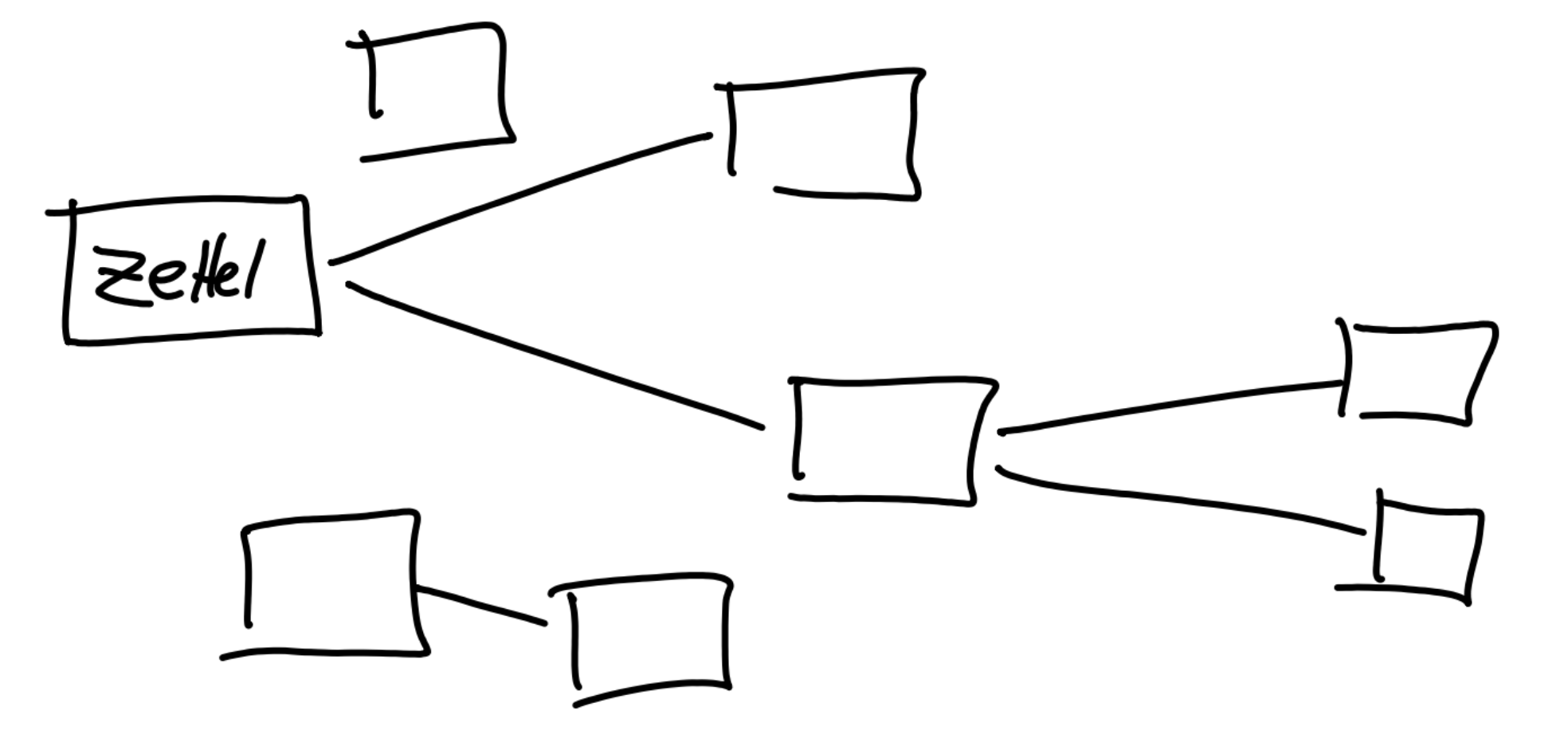
If you want to increase your productivity, you need a method to measure it. After all, you need information on how high your actual productivity is and what effect changes in your working methods have. The subjective feeling of whether you had a good day has a big advantage and a big disadvantage. The big advantage is that at the end of the day you have a surprisingly accurate sense of whether you were productive or not. In my personal experience, people who are really satisfied with their day and consider it productive are rarely wrong.
The Heist – How to Process a Practical Book Quickly

If you don’t master the exploiting way of reading, you waste a lot of time and energy. Not every book should be processed in the same way. A novel contains different elements than a non-fiction book. But you also need to consider your own interests. For example, we read some books purely for the actionable information they contain. This requires an efficient and selective reading mode.
Playing the Zettelkasten RPG Through Arbitrary Constraints
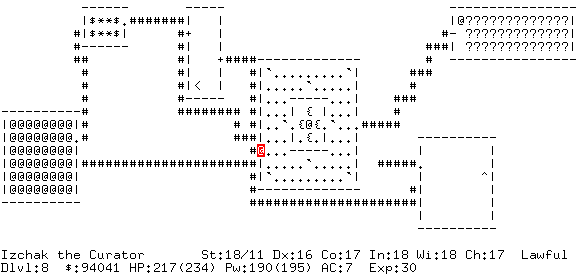
Today, learn about how to game your Zettelkasten like a roguelike RPG – in a guest post by Allen Wilson (University profile; Twitter) aka @pseudoevagrius on the forum. The metaphor alone is cool, but the 3800+ words strong post doesn’t end there and goes on to give practical advice on how to work under self-imposed constraints to make use of “short runs”.
Measure What You Want to Achieve with Your Zettelkasten

The user @wanderley opened a thread in the forum. He basically wrote that whenever he creates a Zettel, he goes into a research frenzy to make the Zettel “worthy” of his Zettelkasten. In his example, he transformed a report based on experience into a claim supported by quite some evidence.
My Morning Routine and Some Thoughts on a Holistic Approach

Christian told you how a morning routine can improve your productivity already. Now, it is my turn to show you my morning routine. I begin with its development but will end with the connection to productivity and the Zettelkasten Method. So, hang on! First, my morning routine expanded over weeks and then collapsed markedly to a pretty short compilation of actions I identified as having the most bang for the buck.
Tasks and Goals of my Daily Review
I forgot to share my repeating maintenance tasks with you! Yesterday, I wrote about my morning routine. It helps me clear my mind and to surface my anxieties. I feel a lot better afterwards – less clouded, less sub-consciously driven. Part of that routine is a daily review. It’s a daily recurring project:
How a Daily Review Routine Improved My Life and Work
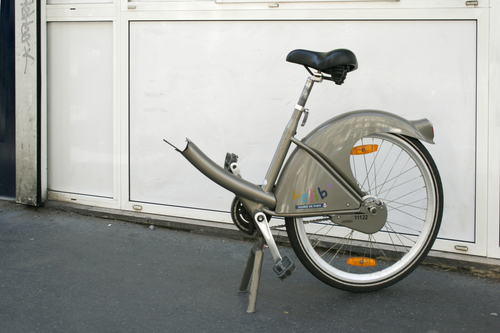
I have picked up a habit which improves my well-being and helps me focus on the important parts in my life. It’s a daily review habit. I have tried to install this habit a few years ago already but failed miserably. A huge factor for my success in sticking to this habit is that I have a working morning ritual installed already. With the existing routine as a foundation, I simply had to attach this small habit and things were good.
My Collector's Fallacy Confession
Last week, I found out how large my backlog of unassimilated information really is. (Spoiler: it is huge.) Sascha and I share a small apartment and recently re-arranged some furniture. Both of us had to empty our bookshelves so we could move the furniture around. Only a week later did I finish actually reordering the books and using my bookshelf again.
Racing – A Time-Saving Technique for Your Information Inflow

Time is the most important asset we have. That is one of the core principles of my approach to productivity. At the same time I am a bad investors when it comes to time. One of my main culprits are my channels of information inflow. If I would deal with them in a rational manner, I wouldn’t waste so much time. But I dive into my inbox and somehow lose my discipline to really empty it.
Composing and Revising – The Two Modes of Writing

Since I recently released the Word Counter for Mac, I have given more thought to the process of writing itself, especially since your comments on writing vs editing started to pour in. I count my words to increase my productivity as a writer. “But!”, people exclaimed, “How do you account for rewrites, deletions, and correcting grammar?” By dividing composing from revising.
Make Writing a Part of Your Identity

Brian Crain talked about increasing productivity by tracking progress. To have a continuous metric is both motivating and informative. I, too, buy into the saying that you can only improve what you measure. The corollary is: when you care about something, when you really commit to it, you have to do your best to track it and improve. Writing is one such skill. You become a writer by writing more, and you can shift your identity consciously to make this change stick.
How to Track Your Writing Progress
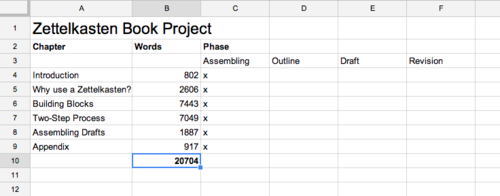
There’s an interesting 8min talk by Brian Crain on optimizing productivity. Brian found tracking his progress useful: I learned that having a continuous metric is enormously motivating since it allows you to continually improve yourself. These small, continuous changes make a huge difference over time.
Count Your Words to Increase Your Productivity

So you are a knowledge worker? This means 90% of your work is about dealing with words. Blogger, writer, journalists – the biggest chunk of work is writing. “Writing” is just a short term for producing words. Let’s be clear: productivity equals your output, counted in words. It is writing itself that equals the 20% which get you 80% of the results. If you want to improve as a writer, writing more is your best lever. And more writing leads to a myriad of other benefits:
Create a Zettelkasten for your Notes to Improve Thinking and Writing
Assuming you’re a writer or a thinker, why should you care about the way you take notes? If you want to think creatively and write original articles and books, you need to form associations in your mind effectively. Notes can help you with that if you adhere to a few basic principles. You can emulate communication processes with your own notes if you structure them in a certain manner. Notes can and should stimulate new associations and foster your creativity just like a good talk does.